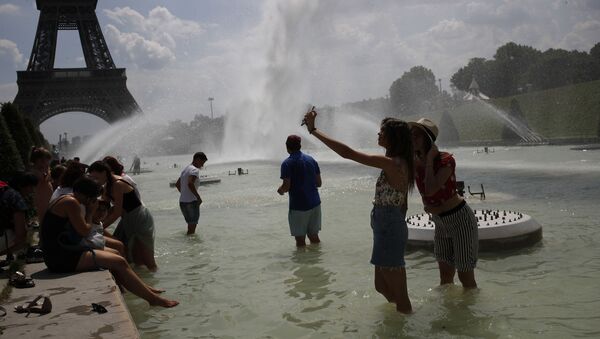According to Polatoğlu, many representatives of the sector, both in Turkey and abroad, believe that 2020 has been lost in tourism terms and, despite encouraging statements and assumptions, travel agencies and tour operators are already making plans for 2021. According to the expert, in the near future, the very understanding of outbound tourism and tourist services may change.
“For example, it’s likely that jam-packed charter flights, as well as tourist buses for 50-55 passengers, will be things of the past. Passengers will now be seated every other. On five-hour or shorter flights, hygienic protection measures will be strengthened and, possibly, on-flight meals will be suspended”, Polatoğlu said.
The changes Polatoğlu is speaking about will affect the all-inclusive system the most. According to the expert, the all-inclusive system will be completely revised; its use will gradually decline and may cease to exist.
“It’s now unlikely that someone would think of staying at a hotel where a thousand people live and queueing at the buffet”, Polatoğlu said, noting that the concept of hotels designed for 500-1,000 guests will change, with them switching to boutique kitchens and an à la carte system.
The expert believes that crowded beaches will also become history. “From now on, sun loungers will be placed according to the rule of one sun lounger per two square metres. Tourists might go to the beach and hotel restaurants at certain hours”, he said.
Polatoğlu added that due to a changing concept and increased costs, transportation and accommodation services prices, as well as package tour prices, will change.
“Air travel prices will increase. What is the reason for this? Given that the cost of the aircraft remains the same, as well as the price of fuel, personnel costs won’t be significantly reduced. Thus, the cost of the flight will remain the same, but instead of dividing it between 183 passengers, it will be divided between 90-100 passengers. This means that prices will increase by about half”, he stressed.
Polatoğlu believes that the concept of congress tourism and exhibitions will also change. Congresses, conferences, exhibitions and similar events are quite likely to be held online for a long period of time.
According to the expert, as soon as the coronavirus epidemic is over, cruise tours will be less popular.
“During the epidemic, we saw a person infect a number of people on ships designed for 5,000 passengers and the ships had to be quarantined for a long time. This can result in a significant decrease in demand for such tours, and many cruise liners will be converted into cargo ships”, Polatoğlu said.
“People will prefer alternatives, such as mountaineering, hiking, cultural tours; I think people will focus more on tours to unusual places unknown to the mass tourist”, Polatoğlu added.
According to the expert, in the new tourist season, people will prefer to travel by car, which will make Turkish tourism increasingly focus on its neighbours.
“We will focus more on Greece, Romania, Bulgaria, Georgia, and the Russian Black Sea region. Similarly, this applies to Iran, Iraq, Syria, if we can establish relations with them. Perhaps the number of tourists from other Arab countries travelling by car will increase”, Polatoğlu concluded.




